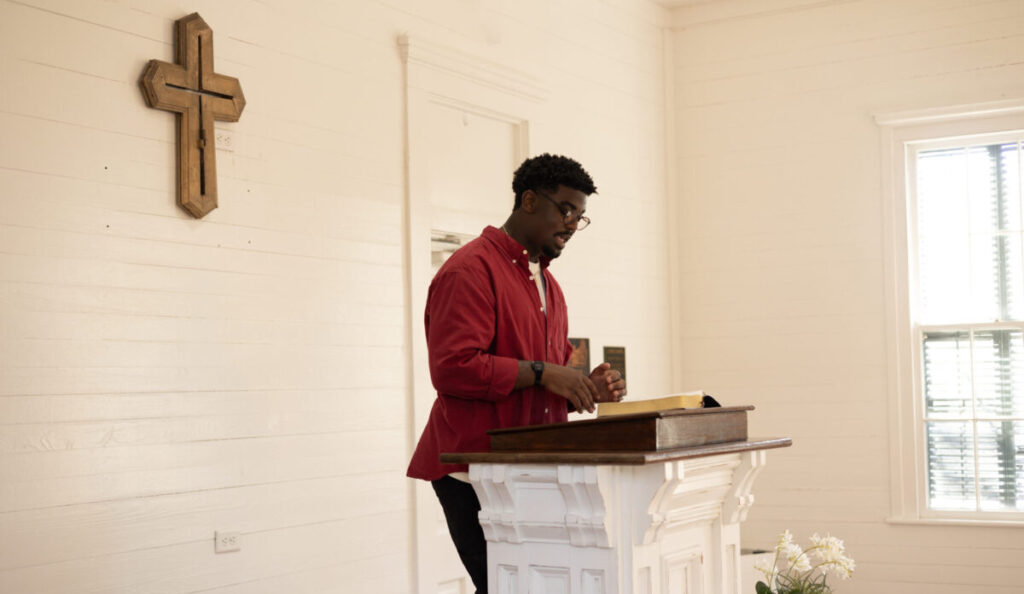Despite the conclusion of a national survey, several Alabama youth ministers said they do not believe hazing is a problem among youth in the state’s Baptist churches.
The study, done by Alfred University in Alfred, N.Y., asserts 48 percent of students who join any high school group are subjected to hazing. The study went on to say church groups haze approximately 24 percent of their members.
But those findings are news to state youth ministers.
“I’ve not heard of anything during the time I’ve worked as a youth minister,” said Mark Seanor, minister to students at First Baptist Church, Huntsville.
Seanor, who has been at First, Huntsville, since 1992, said it’s also unlikely adult volunteers would condone such activity.
“I would be surprised if adults were involved, knowing as much as I do with the church doing background checks,” Seanor said. “If it is happening, I hope it is being done by the students themselves.”
Seanor, who has worked with youth for 28 years, said the absence of organized hazing in churches he has worked at does not mean “there are not isolated cases going on.”
Rob Sumrall, associate pastor of student ministries at West Mobile Church, Mobile, also does not believe organized hazing occurs among youth groups in Alabama Baptist churches.
Commenting he usually thinks of college fraternities in relationship to hazing, Sumrall said the closest thing he has seen to that is among high school athletic programs not associated with churches.
“And I can’t say I’ve seen it in a way that was dangerous,” he said.
The concept of hazing in church youth groups is also foreign to Jeff Phillips, student minister at First Baptist Church, Gardendale. Phillips said he has never witnessed or heard of incidents of hazing in any church youth group.
While youth ministers do not believe hazing is a problem with their youth groups, they do agree the common problem of students yearning to be accepted by the popular crowd exists.
Sumrall said the problem is greatest among older youth and those leaving home for college.
“They’re seeking to find their own identity,” Sumrall said.
Phillips agrees youth do feel pressure to fit in, but said that while it is often apparent in church groups he does not believe churches are the cause.
“I think society is doing that right now,” Phillips said, adding any church group should work to make all students feel welcome.
“We’re trying to diffuse that and say everyone is welcome here.”
Youth face pressure to fit in with other students based on everything from how they look and what they wear to academic/athletic achievement to who their parents are, according to Seanor.
“Acceptance is the most important aspect in the life of a teenager,” Seanor said. “That’s true whether it be adults or teenagers, acceptance within a group is important.”
Parents and youth workers, Sumrall said, should work to make teenagers realize true acceptance comes from God. “That’s why it’s so important that we’re able to give our kids a good sense of biblical worth.”





Share with others: